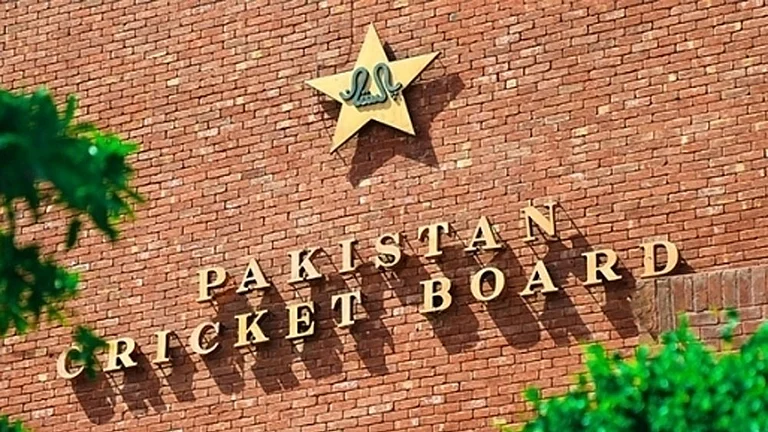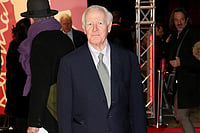I was associated with Atal Behari Vajpayee for five years from 1999 to 2004, first as R&AW chief and then as advisor in his PMO. He was a great human being, a politician par excellence and a mesmerising orator. He was in a class of his own. He created theatre. His use of words and deliberate pauses were simply incredible. His poetry was intrinsic to who he was.
I think Vajpayee didn’t get enough time as PM. He deserved more. I saw him for the first time in 1978 in Nepal as foreign minister. I was posted in Kathmandu. He addressed a gathering at the Nepal-Bharat Maitri Sangh and spoke for about 40 minutes. At the end of it, most in the audience had tears in their eyes. I had never seen anything like this. The same thing happened during Vajpayee’s landmark visit to Lahore in February 1999. During a reception hosted by the Punjab governor, Vajpayee announced that he and then Pakistan PM Nawaz Sharif had decided: “Ki hum jung nahin hone denge” (we will not allow war between the two countries). The chemistry between the two leaders was exceptional.
He went on to say how his party will not be happy about his statement and will also question his decision to visit Minar-e-Pakistan by asking if the place needed his ‘mohur’ (stamp). “I will tell them, Pakistan does not need my mohur, it has its own.” The way he said it, in his characteristic style, people there had tears in their eyes too and they gave him a standing ovation that went on for five minutes.
The visit to the Minar-e-Pakistan was controversial. It was not in the itinerary and when Vajpayee said he wanted to go there, the hosts were worried too. But he went and wrote in the visitors’ book “A stable, prosperous Pakistan is in India’s interests.”
Kashmir and Pakistan remained at the centre of Vajpayee’s tenure. He firmly believed that the confrontation had to end. In April 2003, when he went to Kashmir, he refused to take a prepared speech, which generally Sudheendra Kulkarni used to write. He said at a huge public meeting in Srinagar that he had extended a hand of friendship to Pakistan twice but was let down. “I am going to try for a third time for all of you. I am not going to give up,” he told the Kashmiris, who were rapturous with joy.
Vajpayee was very upset over the coup in Pakistan in which Pervez Musharraf overthrew Nawaz Sharif. He was actually concerned about Sharif’s safety. I had not seen Vajpayee getting ruffled like this even during the worst of crises he faced, including the Parliament attack, the Kandahar hijack and the Kargil war. If anyone could resolve the Kashmir imbroglio and mend relations with Pakistan, it was him.
(The author is a former R&AW chief and served as advisor in Vajpayee’s PMO)
























